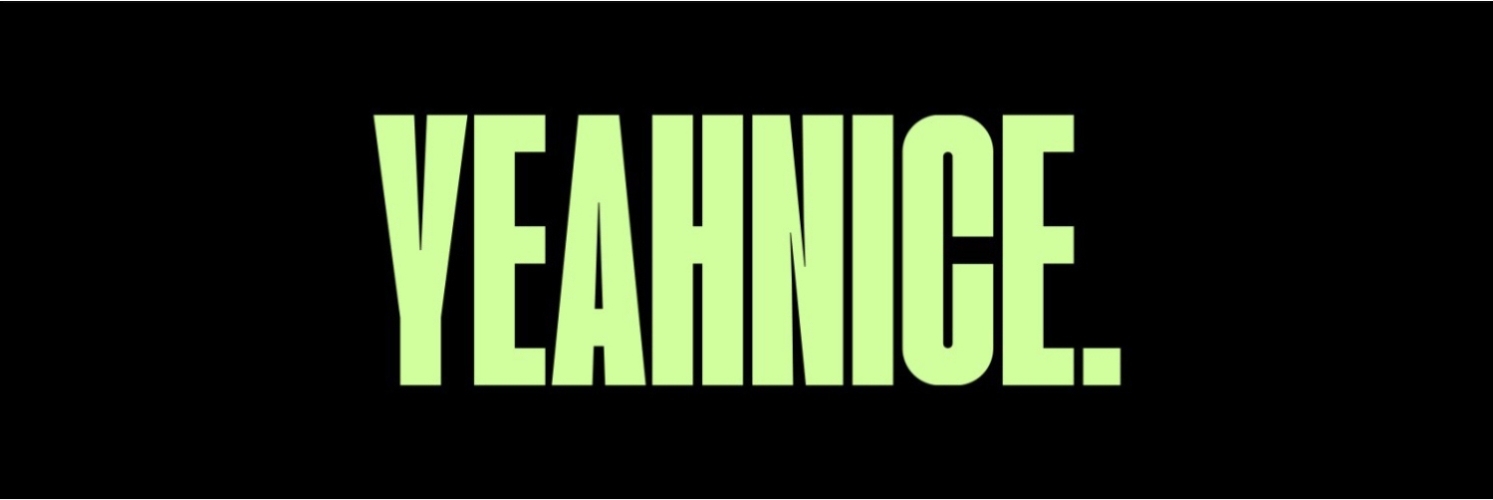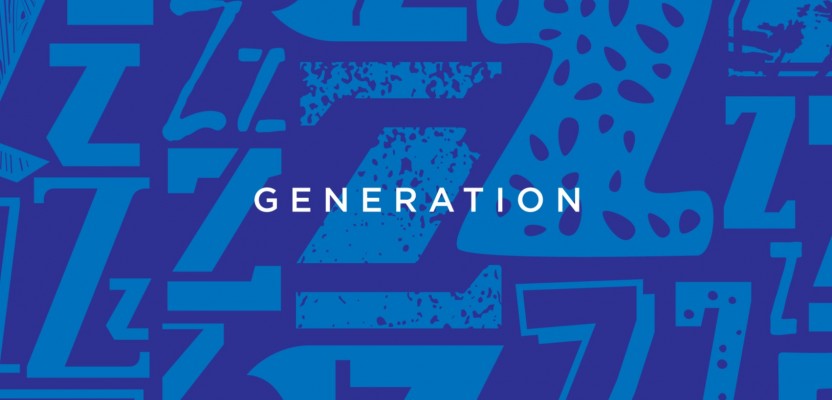I can’t help but sigh when I hear someone talking about buzzwords. Or using them. Or… you get the idea.
The problem is the advertising and marketing industries love a buzzword but they don’t always use them responsibly. So – get your sighs ready – because I’ve decided I’ve got a couple of things to say about them.
Now, of course buzzwords have a use. They can quickly and efficiently communicate an idea – often a new one. And I’m no buzzword saint: a few years ago you might have heard me uttering the words ‘design 2.0’ in pitch meetings.
The problem for me comes when buzzwords become a lazy tool to mask a lack of real knowledge. I’ve been to various talks on gaming recently. It's an area our agency does a lot of work in and an industry that you feel the wider marketing/advertising community hasn’t gotten its collective head around yet.
These talks typically focus on a few successful examples of companies harnessing games to strengthen their brands. You’ll hear a lot about Minecraft and Fortnite with the odd mention of Lara Croft thrown in. All good stuff, if you ask me.
The problem comes when people want to establish themselves as experts when they appear to only have a surface level understanding of the industry. One talk I went to ascribed pretty much every cultural hallmark of gaming in the last 30 years exclusively to Gen Zers. That included digital self-expression, the power of online communities and playing for escapism.
In fact, it sounded like a broader talk on gaming audiences where every mention of ‘audience’ had been replaced by ‘Gen Z’. Hardly thought-leading #content.
It’s the sort of wonky reading that gets in the way of people’s understanding of a topic. While it’s true all those things are a part of Gen Z game culture, you’re missing a large part of the story if you don’t recognise its history. Trying to create meaningful campaigns without understanding the big picture is all but impossible. Like trying to film a long take without knowing about Spielberg.
The annoying thing was the talk itself was interesting. But the misuse of the 'Gen Z' buzzword made me wonder if there were other parts of the event that weren’t totally accurate.
'Millennial' is another buzzword that’s lost all meaning. The oldest millennial is 38 years old and the youngest is, or is turning, 23 years old in 2019. However, according to far too many people it just means “kids today".
What’s the worst use of a buzzword you’ve encountered? let me know in the comments below.



